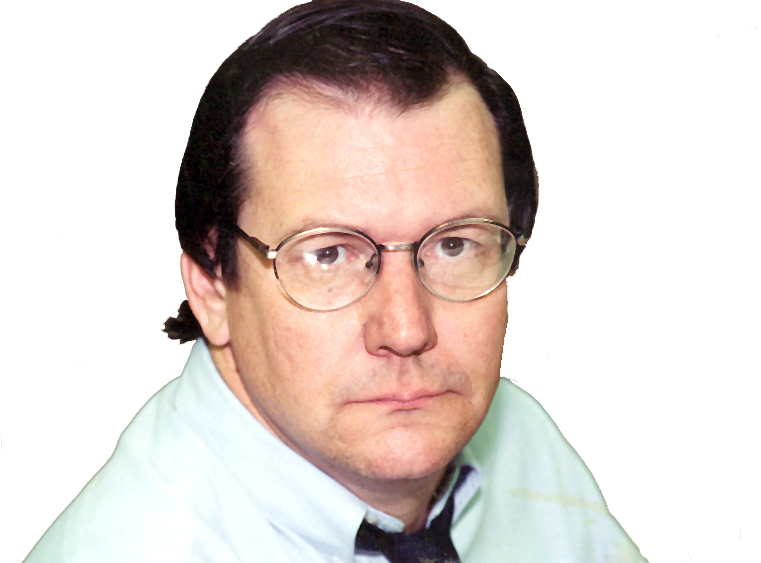Myers: Where are the evangelists?
Martin Niemöller: “For in our world and in our name have these things been done.”
Since the advent of Donald Trump as a politician, there is one group in the political world that has been mostly silent on his racial views – evangelists. Through most of the nominating process, religious leaders often identified with the Republicans were reluctant to speak up. A few did, to be sure. Some supported him, other opposed him. But most kept silent.
Conservative columnist David Brooks wrote this last month:
“Donald Trump now looks set to be the Republican presidential nominee. So for those of us appalled by this prospect – what are we supposed to do? Well, not what the leaders of the Republican Party are doing. They’re going down meekly and hoping for a quiet convention. They seem blithely unaware that this is a Joe McCarthy moment. People will be judged by where they stood at this time. Those who walked with Trump will be tainted forever after for the degradation of standards and the general election slaughter.”
Granted, evangelists have been drifting out of politics, but enough of them are still involved to be a significant force in Republican politics.
In the Nevada Republican caucuses, four in ten voters who identified themselves as evangelists voted for Trump.
Where was the leadership that might have turned them elsewhere? As Jonathan Merritt recently wrote, Trump is “immodest, arrogant, foul-mouthed, money-obsessed, thrice-married, and until recently, pro-choice.”
Where was Richard Ziser, who once administered a church and led the campaign that put a ban on marriage equality into the Nevada Constitution? Where was Sharron Angle, who believes churches should thrust themselves into the public sphere and that there is no separation of church and state to prevent it?
Are abortion and marriage equality moral issues, but not bigotry? Or is there some moral relativism at play – if the bigotry is aimed at the correct adversary? That recalls Rev. Niemöller’s point that much done in Germany was done by aiming it at unpopular groups, like communists:
“And God asked me – as once He asked the First Man after the Fall, Adam – Man, where wast thou in those years 1933 to 1945? … and for the years 1933 to 1937 I had no answer. … When, in 1933, Goering publicly boasted that all active communists had been imprisoned and rendered harmless – that was when we forgot our responsibility, that was when we should have warned our parishioners.”
Then there is the terrible event in Orlando last weekend. This is hardly the first instance of anti-gay violence.
For as long as I can remember, gay bashing has been going on in action or language. In the 1950s and 1960s it was common for police officers to brutalize gays.
When the gay rights movement and incidents like the police invasion of the Stonewall Inn in Greenwich Village were publicized, official violence against gays began to wane, but anti-gay political action began to rise. Evangelicals were in the forefront of opposition to gay rights and repeal of anti-gay laws.
Language criticizing the gay lifestyle does not come without consequence. If religious people are going to criticize the way gays live, then they have to take some responsibility for the effect those criticisms are going to have on unstable minds and head off the possible impact by ALSO speaking out against anti-gay violence.
I am hard-pressed to remember ANY member of the clergy who was critical of gay-bashing, least of all in Nevada. I can remember plenty of clergymembers faulting the way gays live. Is it right, on such a polarizing issue, to send harsh language out into the public bloodstream and then wash one’s hands of the aftereffects?
How do evangelists explain to their children their silence on Donald Trump and gay-bashing?
National Review, the magazine founded by William F. Buckley Jr., ran a piece headlined, “Donald Trump Is No King David: It’s Time for Christians to Take a Stand.” But that was in March. Now Trump is on his way. That opportunity is lost. It’s truly unfortunate. Evangelicals could have led and set an example.
But gay bashing violence is still going on, and religious people have a responsibility to deal with it.
Dennis Myers is an award-winning journalist who has reported on Nevada’s capital, government and politics for several decades. He has also served as Nevada’s chief deputy secretary of state.

















